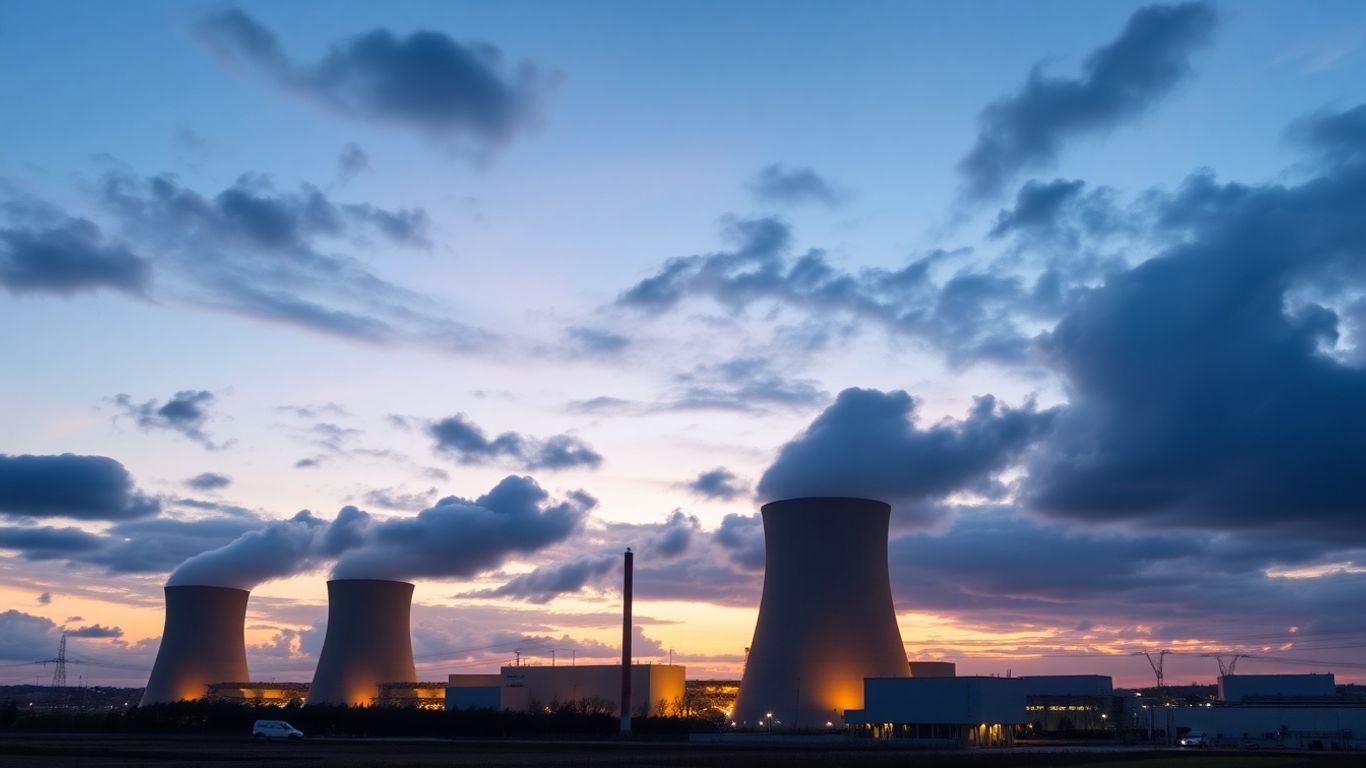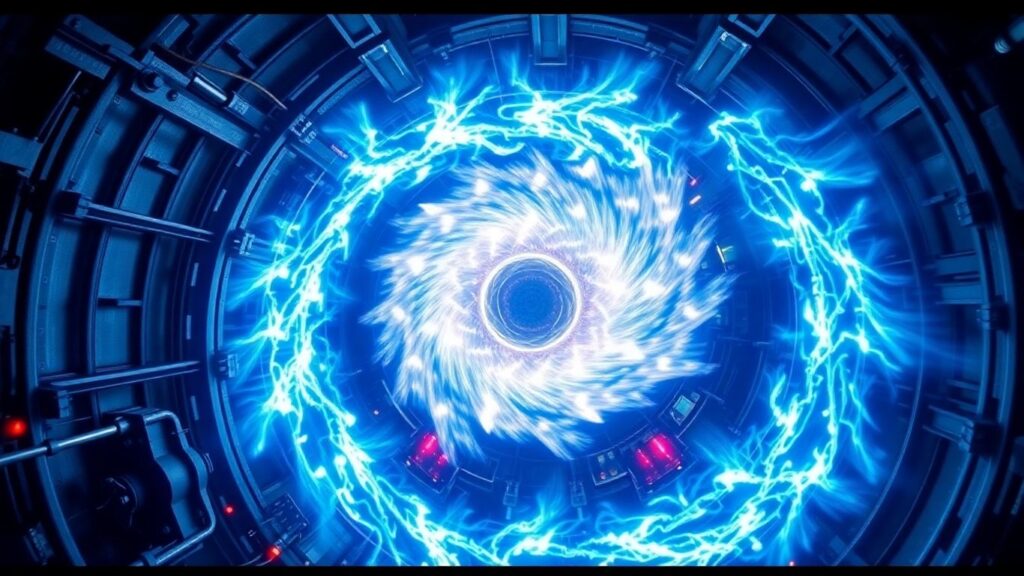NuScale Power’s ambitious plan to deliver the first small modular reactor (SMR) plant in the US has come to an abrupt halt after years of rising costs, wavering investor confidence, and a lack of customer commitments. The long-promised technology, once seen as a potential game-changer in clean energy, now faces serious questions about its future viability.
Key Takeaways
- NuScale canceled its flagship SMR project in Idaho due to insufficient customer uptake and soaring costs.
- The decision highlights broader economic and practical challenges for advanced nuclear technology in the US.
- The Department of Energy and industry advocates remain optimistic about SMRs’ potential, but critics argue the economics remain daunting.
Project Ambitions Falter Amid Escalating Costs
NuScale Power, together with partners in the Utah Associated Municipal Power Systems (UAMPS), first pitched the advanced SMR plant as an affordable, modular solution to the energy transition. The plan involved a series of compact reactors, each designed to generate clean, carbon-free electricity efficiently and safely. However, the original projected costs ballooned from $3 billion to over $9 billion, despite scaling down the project’s size and scope.
Faced with escalating expenses and only a small fraction of power purchase commitments secured, project backers announced cancellation in late 2023. Many of the municipal utilities involved pointed to uncertainties over future costs and a belief that newer, more proven renewable technologies could fulfill their needs more reliably and affordably.
Industry and Government Defend Nuclear’s Role
Despite the setback, supporters insist SMRs remain a crucial component of the future low-carbon grid. The Department of Energy has invested heavily in NuScale’s technology, arguing that early failures are part of the innovation process, and experience gained could give future projects a better foundation.
Several industry players, including Duke Energy and the Tennessee Valley Authority, still have advanced nuclear plans in development. These utilities are betting that repeated deployment and regulatory streamlining will eventually drive costs down. NuScale, for its part, is shifting its focus to potential projects in Ohio, Pennsylvania, and even international opportunities.
Economics Versus Reality: A Daunting Gap
One of the most persistent obstacles for SMRs is the lack of proven cost competitiveness. Unlike traditional large reactors that benefit from economies of scale, SMRs—by design—produce less power per plant, making them expensive per megawatt produced. With renewables like wind and solar dropping in cost and offering increasing reliability through storage and grid improvements, SMRs must overcome significant economic headwinds.
A recent analysis by industry experts found that virtually all nuclear projects see major budget overruns and delays. The average new nuclear plant is far costlier and slower to deliver than originally projected, raising doubts about whether SMRs can realistically play a large role in urgent climate solutions.
The Road Ahead: Cautious Optimism or Reckoning?
NuScale’s Idaho cancellation is a sobering development for advanced nuclear advocates. While the technology’s promise of clean, reliable baseload power remains appealing on paper, practical deployment has proven elusive. As policymakers continue to support nuclear innovation—bolstered by new subsidies and regulatory efforts—the industry must still grapple with whether SMRs can overcome their economic and logistical challenges.
The coming years will determine whether SMRs can make the leap from experimental promise to a real-world energy solution, or if their trajectory follows the fate of NuScale’s high-profile project.












